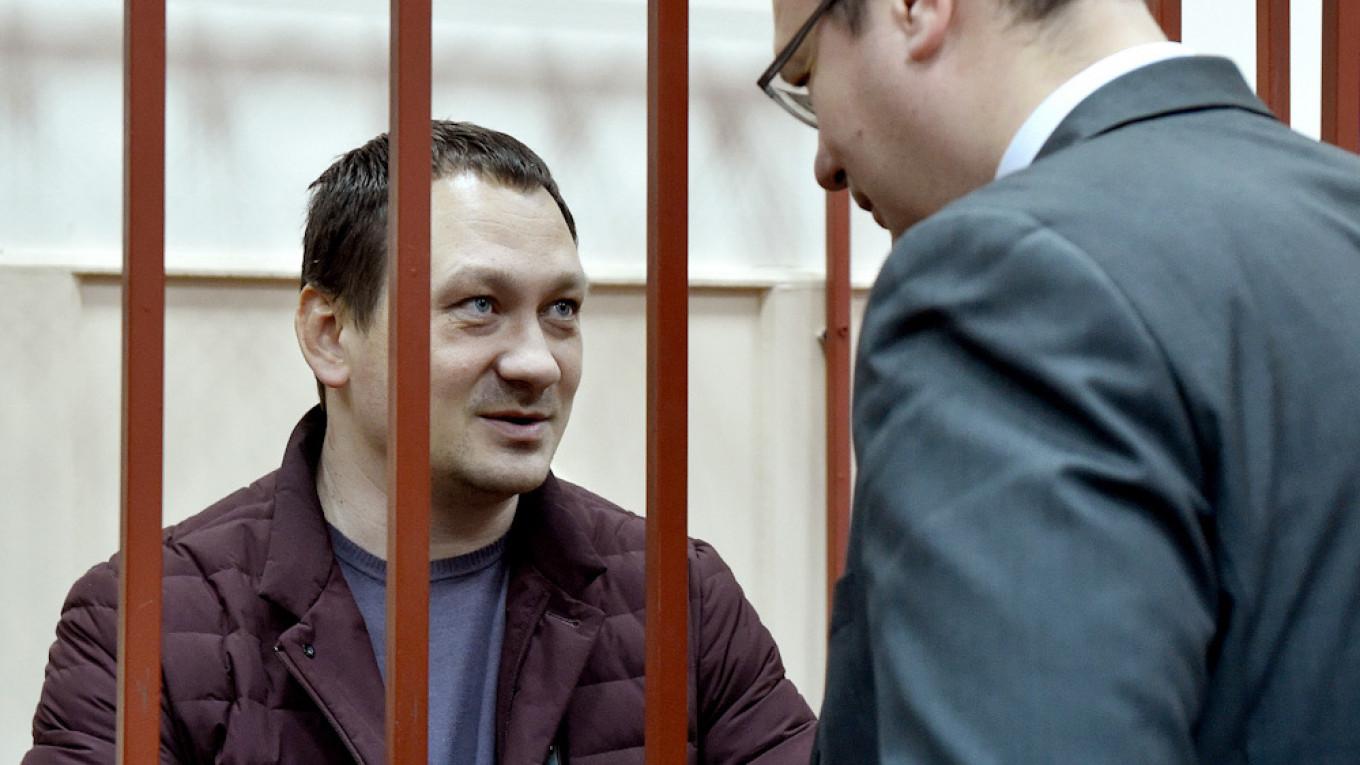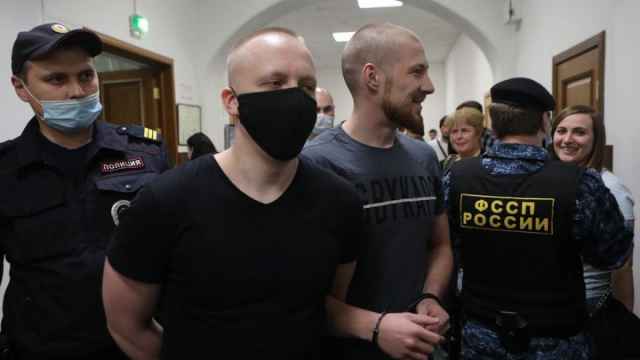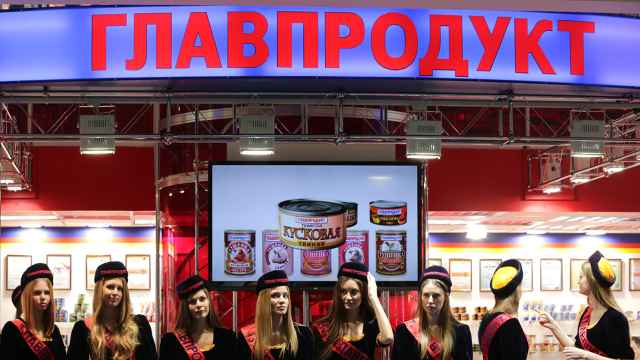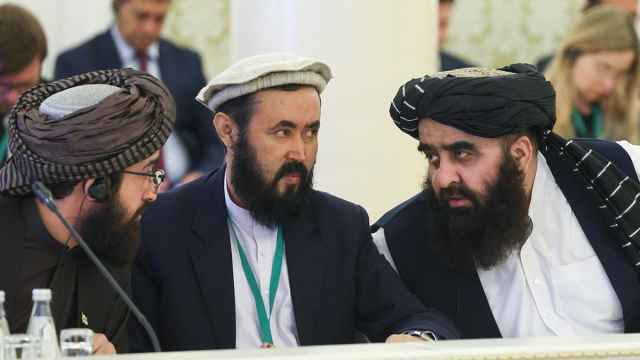The arrest of prominent investigative reporter Ivan Golunov in June 2019 on trumped-up drug charges that could have landed him in prison for up to 20 years sparked an outcry with activists and Kremlin critics demanding for his release.
Golunov, 38, was released days later and the charges were dropped after an unprecedented campaign in his support.
The same month President Vladimir Putin sacked two senior police officers over the wrongful arrest.
In his work, Golunov investigated everything from Russia's shady funeral industry to corruption in Moscow city hall.
His supporters and employer — the independent Russian-language news site Meduza — said the drugs had been planted on him as revenge for his work.
The five officers who arrested Golunov were also dismissed and taken into custody in January 2020.
They served in a police drug enforcement unit. According to investigators, the designer drug mephedrone and cocaine was planted in Golunov's backpack and his apartment.
Igor Lyakhovets, who investigators said directed the operation but denied his guilt, was sentenced to 12 years in a penal colony.
Three of his subordinates, who also pleaded not guilty, were each handed eight years in jail.
The fifth defendant, Denis Konovalov, who confessed and cooperated with investigators, received five years.
They were also ordered to pay Golunov one million rubles ($13,600) each in compensation.
- Golunov 'satisfied' -
Outside the court on Friday, Golunov thanked his supporters and said he was "satisfied" by the judge's decision.
"I promised to get justice. We have completed the first step," he said. Those who masterminded the crime should also be punished, he added.
Kremlin critics say drug charges are routinely used in Russia to silence rights activists or to settle scores with opponents.
Golunov's case was an exception rather than the rule, with law enforcement agencies rarely admitting guilt and punishing those responsible.
Critics say that during his two decades in power Putin has silenced most dissidents and muzzled the media.
The few opposition and independent media that still operate in Russia are under huge pressure.
Golunov's employer Meduza, which is based in EU member Latvia, was declared a "foreign agent" in April, forcing it to launch a crowdfunding campaign to survive the loss of advertising revenue.
Groups or individuals identified as "foreign agents" in Russia must disclose their sources of funding and label publications with a tag or face fines.
The label is also a deterrent for potential advertisers and sources and the stigma makes it hard for journalists to carry out their work.
The legislation behind the term "foreign agent" was originally passed in 2012 to cover NGOs.
It was expanded to include media organizations in 2017 after Kremlin-funded RT (former Russia Today) was declared a foreign agent in the United States.






